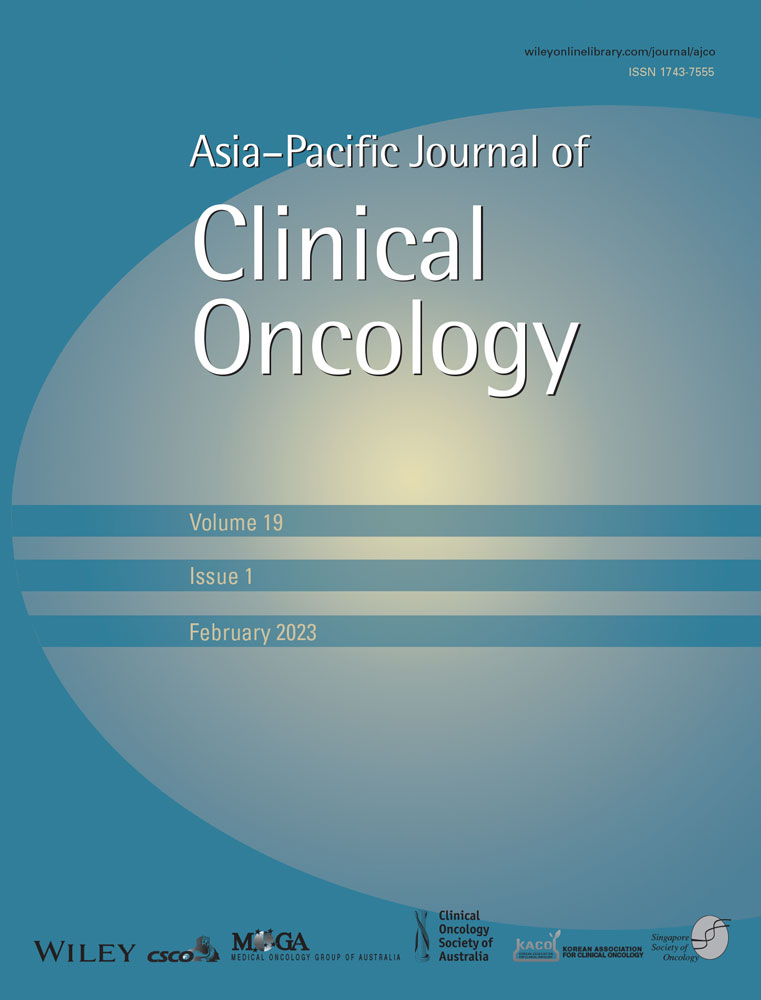New Zealand national retrospective cohort study of survival outcomes of patients with metastatic melanoma receiving immune-checkpoint inhibitors
Funding information:
The authors received no specific funding for this work.
Abstract
Background
Immune checkpoint inhibitors (ICIs) have increased overall survival (OS) in metastatic melanoma in all clinical trials to date. However, pivotal trial populations were not representative of the real-world population in New Zealand. Real-world treatment effectiveness studies help evaluate the value of public pharmaceutical expenditure.
Aim
To determine the survival outcomes of New Zealand patients with unresectable or metastatic melanoma treated with pembrolizumab or nivolumab.
Methods
This is a national retrospective cohort study. Patients with advanced unresectable or metastatic melanoma who received publicly funded immune-checkpoint inhibitors (ICIs) from 2017 to 2019 were included. Individual patient data were extracted from national administrative databases. The primary endpoint was OS, and secondary endpoints included OS by age, duration of treatment, posttreatment survival, and 30-day mortality from last pharmaceutical claim.
Results
Five hundred ninety-seven patients were included, with a median follow-up of 25 months. One-year OS was 72%, the 2-year OS estimate was 60%, and median OS not reached. Survival did not differ by dichotomized age (≥70 vs. <70 year old), hazard ratio (HR) .94 (95% confidence interval (CI): .72–1.22; p = .62). Median duration of treatment was 9.0 months (95% CI: 7.9–10.1). Median post-treatment survival for the subgroup who had ceased treatment was 12.0 months (95% CI: 9.0–14.0). For the sample as a whole, the estimated 30-day mortality from last pharmaceutical claim was 15.7%.
Conclusion
OS in our New Zealand real-world population is comparable to pivotal clinical trials and real-world data (RWD) from other countries. These findings support the achievement of health gains from use of ICI in advanced unresectable and metastatic melanoma.
CONFLICT OF INTEREST
The authors declare that there is no conflict of interest that could be perceived as prejudicing the impartiality of the research reported.
Open Research
DATA AVAILABILITY STATEMENT
Our structured data that supported the findings (each de-identified patient with demographic information, cancer status, type of immune checkpoint inhibitor, first and last pharmaceutical claim dates, mortality date) were obtained from New Zealand National Pharmaceutical Claims Collection, National Minimum Dataset and Mortality Collection databases. Our linked data are available with our group authors. The data, statistical analysis plan, and the output reports can be made available and shared with prospective researchers and reviewers upon request made to the corresponding author.




